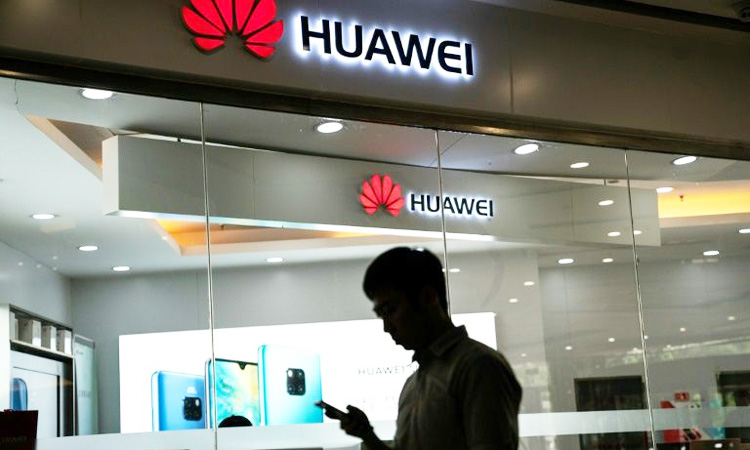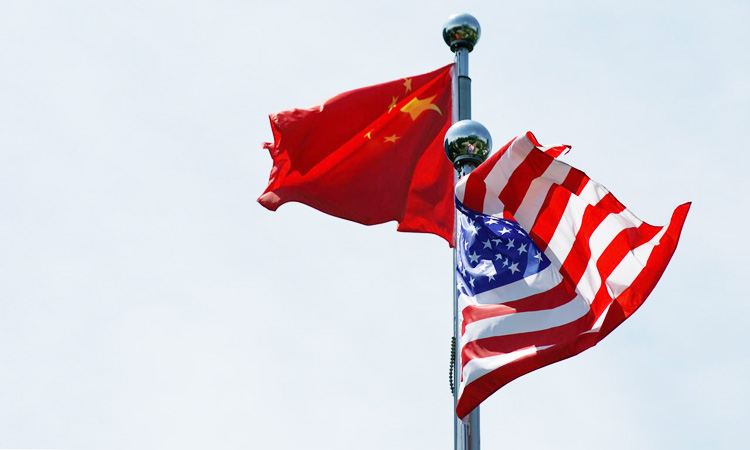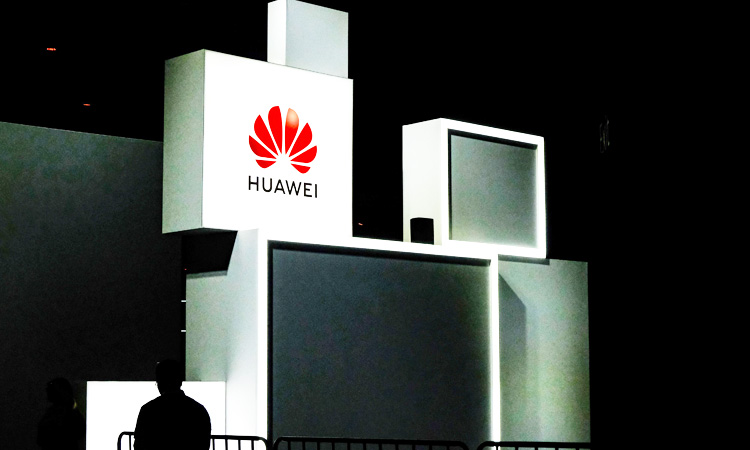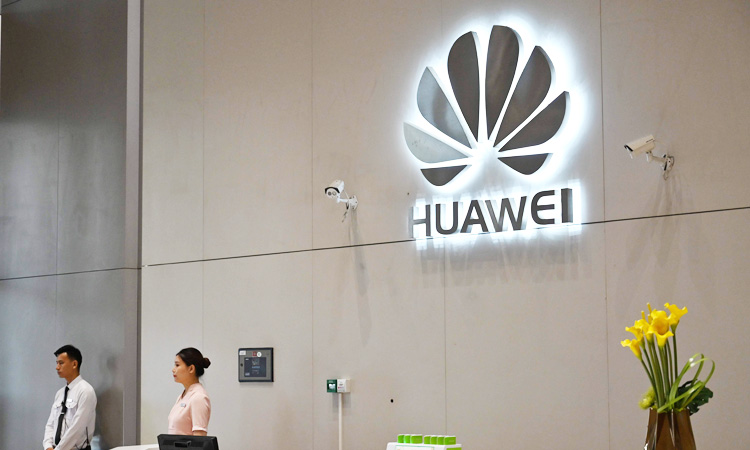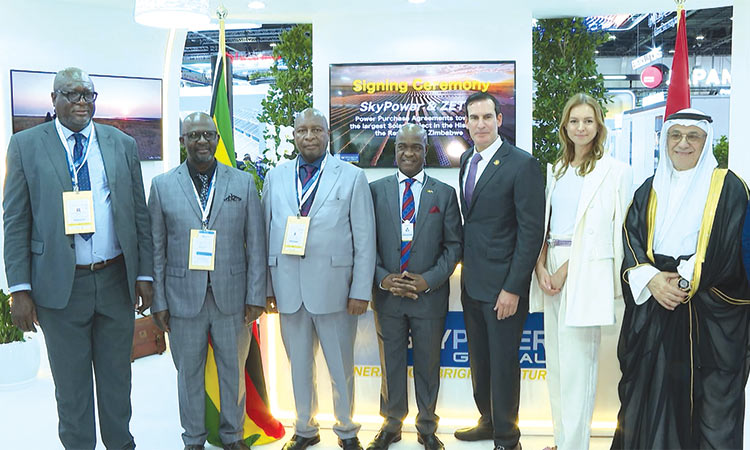US-China tensions hit Huawei’s ties with FedEx, Flex

A Federal Express delivery truck is shown in downtown Los Angeles. Reuters
Huawei was placed by Washington on a blacklist in mid-May that effectively blocks US firms from doing business with the Shenzhen-based firm.
Chinese authorities investigating FedEx suspect it illegally held back more than 100 Huawei packages and has also violated other laws, state news agency Xinhua reported on Friday.
FedEx in a statement on Friday afternoon said, “These shipments in question were handled while we were trying to comply with the US DOC BIS order which was unclear and resulted in considerable complexity for our operations. We apologize for any confusion or harm to our customers as a result.” Beijing started a probe into FedEx last month after Huawei said the US delivery firm had diverted parcels intended for the company. Xinhua said on Friday that investigators also discovered “clues to other violations”.
On Thursday, Huawei had accused US-listed Flex of seizing its goods in China.
The developments mark the latest fallout from Washington’s trade ban on Huawei, which has not only rattled the global technology supply chain tied to Huawei’s $105 billion business but also is causing much confusion among companies and organisations well beyond the US borders regarding the limits of restrictions.
FedEx has apologised for multiple incidents of diversion of Huawei packages, which it attributed to “operational errors”, but it later sued the US government for what it said was an “impossible task” to “police the contents” of export shipments.
FedEx said on Friday that it initiated the suit against the US DOC “to prevent similar occurrences happening in the future” and reiterated its commitment to the Chinese market. Huawei told Reuters on Thursday that Flex had withheld some 700 million yuan ($102 million) worth of its goods in its China factory, confirming a report by Chinese government-backed newspaper Global Times.
Flex kept the Huawei assets in its factory in the southern city of Zhuhai after the US blacklisting and caused losses for Huawei, according to the report.
Huawei told Reuters that it has retrieved some 400 million yuan of goods last month after negotiations and is still trying to take back the rest.
Flex said in an emailed statement to Reuters, “Flex and Huawei have had a long-standing and successful partnership which has recently been impacted by unforeseen challenges resulting from the US/China trade situation. Both parties are actively working to find a mutually agreeable way forward given these facts.” A Flex spokesman declined to say whether it still held any Huawei assets or counts Huawei as a customer, but said China remains “a very important centre of production and end-market” where it employs tens of thousands of people.
Flex said on Friday in its quarterly earnings statement that it would accelerate a move to reduce its exposure to certain products in China and India after “recent geopolitical developments and uncertainties”, which primarily impacted “one customer in China”. It did not name the customer.
“We have seen a reduction in demand for products assembled for that customer,” it said.
Meanwhile, US President Donald Trump on Friday said his administration would not grant Apple Inc any relief for tariffs on Chinese-made parts for its Mac Pro computer.
“Apple will not be given Tariff wa(i)vers, or relief, for Mac Pro parts that are made in China. Make them in the USA, no Tariffs!” Trump tweeted.
Representatives for Apple had no immediate comment. Shares of the company sharply pared their gains after Trump’s tweets. On July 18, Apple asked the US Trade Representative’s Office to waive 25% tariffs on 15 parts, including ones for Mac Pro desktop computer. The public comment period for those requests closes on Aug. 1.
The parts include a graphics processing module, structural frame, power supply unit, AC power cable, ladder assembly and data cable.
The Wall Street Journal reported in June that Apple is shifting manufacturing of its new Mac Pro desktop computer to China from Texas.
Apple noted after the report of the manufacturing shift that “like all of our products, the new Mac Pro is designed and engineered in California and includes components from several countries including the United States” and emphasized that “final assembly is only one part of the manufacturing process.”
Reuters
